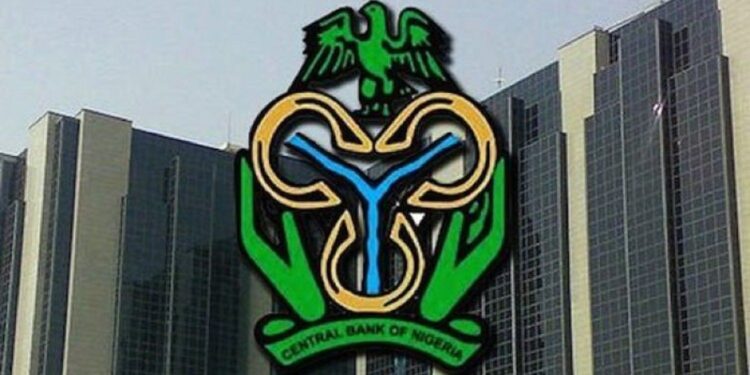Nigeria’s external reserves have surged by nearly 20% over the past 11 months, signaling a potential boost for the naira as the Central Bank of Nigeria (CBN) intensifies efforts to stabilize the currency and curb market volatility.
Rebuilding Foreign Reserves
Since President Bola Tinubu took office in May 2023, Nigeria’s foreign reserves have fluctuated significantly. The reserves, which stood at $35.09 billion upon his assumption of office, fell to $33.04 billion by January 2024, marking a three-year low. The decline was primarily attributed to reduced oil production, which accounts for over 90% of Nigeria’s foreign exchange earnings.
However, recent improvements in crude oil output have helped reverse this trend. As of March 21, 2025, external reserves had risen to $38.33 billion, reflecting a 19.4% increase from April 2024 levels. This growth has provided the CBN with the financial leverage to intervene in the forex market, helping to stabilize the naira.
CBN’s Strategy for Naira Stability
The CBN has implemented a series of monetary policy reforms aimed at addressing foreign exchange shortages and restoring investor confidence. A key intervention included a $360 million injection into the forex market, helping to cushion against sharp depreciation and ease liquidity constraints.
These measures have yielded positive results. The naira, which depreciated to a historic low of N1,681 per dollar at the Investors and Exporters (I&E) window in November 2024, has since strengthened to N1,531/$ as of March 24, 2025. Similarly, at the parallel market, the currency, which once neared N2,000/$, now averages around N1,560/$.
CBN Governor Olayemi Cardoso has emphasized that the clearance of Nigeria’s outstanding $7 billion forex obligations in January 2025 has further bolstered confidence in the local currency.
Economic Challenges Persist
Despite these gains, analysts caution that the exchange rate remains high, posing challenges for businesses reliant on imports. According to Dr. Segun Ogundare, an economist at Ajayi Crowther University, narrowing the gap between the naira and the dollar remains critical to ensuring competitiveness in international trade.
Inflation, while showing signs of easing, continues to be a concern. Nigeria’s inflation rate, which peaked at 34.8% in December 2024, has since dropped to 23.18% in February 2025 following a rebasing of the consumer price index. However, Dr. Muda Yusuf, Director of the Centre for Promotion of Private Enterprise, warns that while inflation has slowed, prices remain high, putting pressure on consumers.
What’s Next?
The CBN’s continued interventions, rising foreign reserves, and increased oil earnings are expected to further stabilize the naira. Additionally, inflows from foreign portfolio investors and international oil companies are helping to sustain recent currency gains.
As Nigeria pushes toward its 2025 oil production target of 2.06 million barrels per day, the country’s ability to maintain economic stability will largely depend on sustained forex liquidity, effective monetary policies, and improved investor confidence.









